
DC solid state relay and DC contactor, which one is better?
DC Solid State Relays (DC SSR) and DC contactors are both switching devices used to control circuits, but they have significant differences in working principles, performance and application.
Read More
Solid-state relay parameter terms explanation in English.
Parameters terms explanation of SSR
Read More
SKKT SKKD SKKH series Thyristior Diode Modules
The SKKT, SKKH and SKKD series Thyristor Diode Modules offer excellent current carrying capacity and low conduction loss, significantly enhancing overall system efficiency.
Read More
Differences Between Vacuum Relay, SPST-NC, STST-NO, SPDT, and DPDT Switches
SPST-NC, STST-NO, SPDT, and DPDT vacuum relay
Read More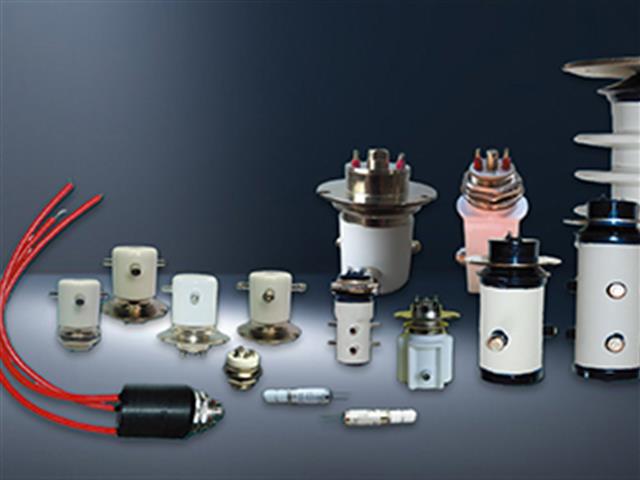
Gas-Filled Relays vs. Vacuum Relays: A Comparison and Application in High Voltage Switching Technology
the difference between gas filled relay and vacuum relay
Read More
Mini Puck Solid-State Relay: A Compact and Reliable High-Efficiency Switching Solution
The GF1 solid state relay uses back-to-back thyristors for switching, which are more durable than traditional triacs.
Read More
Socket Solid State Relay and Solid State Relay with Integrated Heatsink, what's the difference between feature and application
DIN rail mounted Socket Solid State Relay and Solid State Relay with Integrated Heatsink
Read More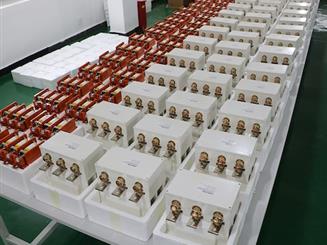
GVC/EVC Series Low Voltage Medium Voltage Vacuum Starter Contactor: Advanced Solutions for Reliable Motor Control in Various Industries
The GVC type is suitable for AC systems with a frequency of 50Hz or 60Hz, a rated voltage of 1140V, 1.5KV, 2KV, 3.6KV and a rated current ranging from 63A to 3200A. The EVC type is suitable for AC systems with a frequency of 50Hz or 60Hz, a rated voltage of 7.2KV, 12KV, 24KV, 36KV, 40.5KV and a rated current ranging from 250A to 800A.
Read More
Advanced Low-Power Short-Range Millimeter-Wave Radar Module: Features and Applications
Low Power Short Range Millimeter-Wave Radar Module, the Preferred Choice for Smart Security and Smart Door Lock.
Read More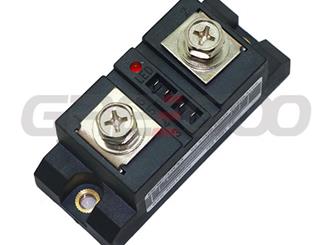
High frequency dc solid state relay, the application and features you may know.
10-1000Hz, 2400VDC, switching time is less than 0.25ms, mainly used for industrial control of DC high-voltage, high-current, high-power switching electrical equipment.
Read More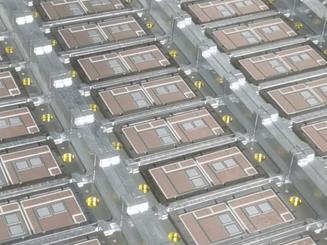
Sintering process in the chip of solid-state relays is of significant importance.
The use of sintering process in the chip of solid-state relays is of significant importance, primarily for the following reasons
Read More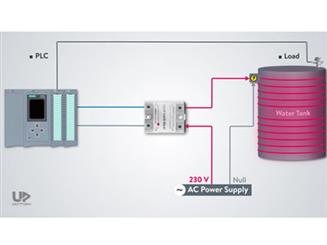
How solid state relays work? Testing SSR with multimeter and wiring.
How solid state relays work? Hoto to Test a solid state relay with multimeter? How to connect a SSR relay from PLC to heater? You will get an answer.
Read More













